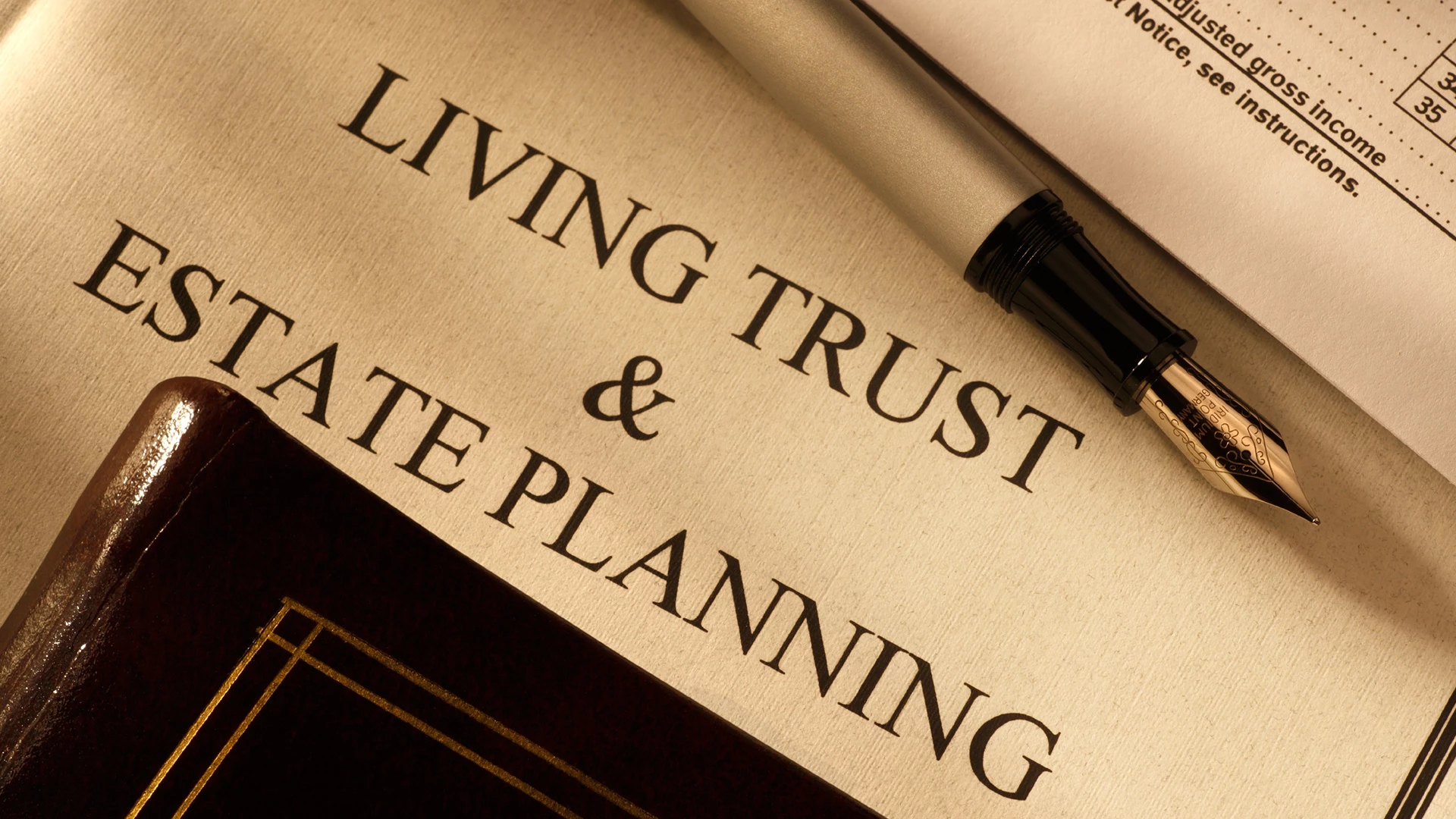
Member Article
TRUSTS: Here is everything, you need to know...
NOTE: Estate planning is not regulated by the Financial Conduct Authority.
Will writing is not regulated by the Financial Conduct Authority. Will Writing is not part of the Intrinsic offering and is offered in our own right. Intrinsic Financial Services accept no responsibility for this aspect of our business. Trusts and Tax Planning are not regulated by the Financial Conduct Authority.
What Is a Trust and Do I Need One?
A Trust can be included in your Will and further secures portions of your estate to be handled in specific ways and at specific times. In this way, you can dictate for instance, that certain funds are to be allocated to children when they reach a certain age, or for a particular purpose such as higher education. A trust can also be a ‘stand alone’ document where assets are placed in trust during the donors lifetime. The main types of trust are:
- bare trusts
- interest in possession trusts
- discretionary trusts
- accumulation trusts
- mixed trusts
- settlor-interested trusts
- non-resident trusts
Each type of trust is taxed differently. Trusts involve a ‘trustee’, ‘settlor’ and ‘beneficiary’.
Bare trusts
Assets in a bare trust are held in the name of a trustee. However, the beneficiary has the right to all of the capital and income of the trust at any time if they’re 18 or over (in England and Wales), or 16 or over (in Scotland). This means the assets set aside by the settlor will always go directly to the intended beneficiary. Bare trusts are often used to pass assets to young people – the trustees look after them until the beneficiary is old enough. **Example:**You leave your sister some money in your will. The money is held in trust. Your sister is entitled to the money and any income (eg interest) it earns. She can also take possession of any of the money at any time.
Interest in possession trusts
These are trusts where the trustee must pass on all trust income to the beneficiary as it arises (less any expenses). **Example:**You create a trust for all the shares you owned. The terms of the trust say that when you die, the income from those shares go to your wife for the rest of her life. When she dies, the shares will pass to your children. Your wife is the income beneficiary and has an ‘interest in possession’ in the trust. She doesn’t have a right to the shares themselves.
Discretionary trusts
These are where the trustees can make certain decisions about how to use the trust income, and sometimes the capital. Depending on the trust deed, trustees can decide:
- what gets paid out (income or capital)
- which beneficiary to make payments to
- how often payments are made
- any conditions to impose on the beneficiaries
Discretionary trusts are sometimes set up to put assets aside for:
- a future need, like a grandchild who may need more financial help than other beneficiaries at some point in their life
- beneficiaries who aren’t capable or responsible enough to deal with money themselves
Senior-interested trusts
These are where the settlor or their spouse or civil partner benefits from the trust. The trust could be:
- an interest in possession trust
- an accumulation trust
- a discretionary trust
**Example:**You can no longer work due to illness. You set up a discretionary trust to make sure you have money in the future. You’re the settlor – you may also benefit from the trust because the trustees can make payments to you.
Accumulation trusts
This is where the trustees can accumulate income within the trust and add it to the trust’s capital. They may also be able to pay income out, as with discretionary trusts.
Mixed trusts
These are a combination of more than one type of trust. The different parts of the trust are treated according to the tax rules that apply to each part.
Non-resident trusts
This is a trust where the trustees aren’t resident in the UK for tax purposes. The tax rules for non-resident trusts are very complicated.
This was posted in Bdaily's Members' News section by CA Financial Services .




 test article 123456789
test article 123456789
 hmcmh89cg45mh98-cg45hm89-
hmcmh89cg45mh98-cg45hm89-
 test456456456456456456
test456456456456456456
 test123123123123123123
test123123123123123123
 test xxxdiosphfjpodskhfiuodsh
test xxxdiosphfjpodskhfiuodsh
 Savour the flavour: North Tyneside Restaurant Week returns for 2024
Savour the flavour: North Tyneside Restaurant Week returns for 2024
 Six steps to finding the right buyer for your business
Six steps to finding the right buyer for your business
 Stephen signs off on a special night
Stephen signs off on a special night
 Life’s a Peachaus: Gillian Ridley Whittle
Life’s a Peachaus: Gillian Ridley Whittle
 Making a splash: Phil Groom
Making a splash: Phil Groom
 Making workplace wellbeing a priority
Making workplace wellbeing a priority
 A record of delivery, a promise of more: Ben Houchen
A record of delivery, a promise of more: Ben Houchen